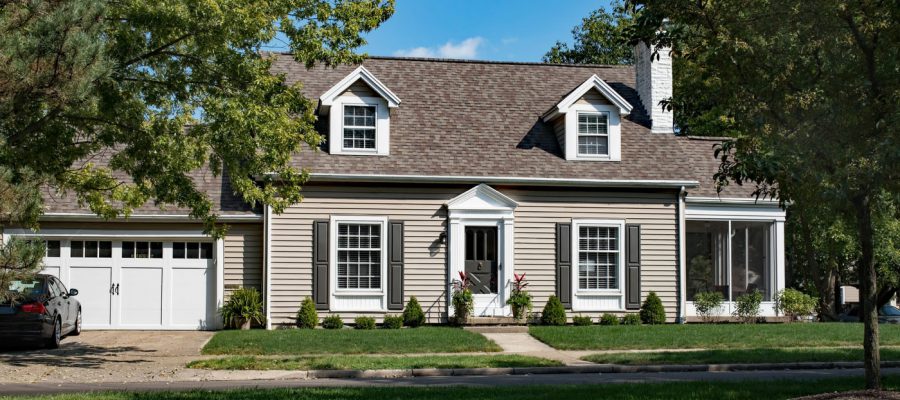How Will New Attic Insulation Affect My Energy Bills?

As many knows, heat always rises to the highest possible point. While in summer, this may not account for much, in winter, it is an entirely different story. According to the Department of Energy, roughly 70% of your energy bill goes into heating and cooling your home. Of that, proper insulation can reduce heat loss by as much as 30%.
It is for this reason why your attic insulation should be a top priority. It should also go without saying that good attic insulation will also result in less strain on your heating and cooling equipment, saving you added maintenance or replacement costs, in the process.
How to Determine Whether You Need New Attic Insulation?
It’s not always easy to determine whether your home needs new attic insulation. Nevertheless, several telltale signs can help you decide whether this is the case or not.
If in winter you notice ice dams or icicles forming, this is an indicator of new attic protection is needed. Likewise, the presence of hotspots is also a determining factor. These hotspots are patches of the roof that have less or no snow on them. You can also look at your neighbors’ roofs for a better comparison.
Another reliable indicator is if you notice high heating bills in the winter and higher cooling bills in the summer. The change may not be immediately noticeable, but you can compare to previous statements to see any considerable differences or trends.
Another way to determine this is by paying attention to your heating and cooling systems and whether they are running more than usual. It could be indicators that these systems are not working at peak efficiency, but also that heat is escaping through your attic.
Get a Free Estimate Today
60% off installation. Special financing available. See details.
How Does Attic Insulation Work?
It’s important to keep in mind that there are different types of insulation available on the market, each with its pros and cons and suitable for different budgets or climates. As a general rule of thumb, the R-Value is a good indicator for the insulating property of the material used.
It is a measure that determines the heat transfer, so the higher the R-Value, the greater the resistance to heat transfer. It is a good way of comparing brands that have a similar type of insulation.
Attic insulation is installed directly under the roof rafters as a means of stopping heat from escaping the attic. During winter, the attic will be colder which will then absorb the heat from the rooms below. In summer, however, the principle is reversed with the attic becoming hot and radiating heat inwards. But with proper insulation mounted in the roof, the transfer of heat between the exterior and interior is significantly reduced.
Need help with a windows, roofing or siding project? Click here for a free estimate from 1-800-HANSONS.














